Díky, pane Kříženecký (1978)
Жанр : документальный, телевизионный фильм
Время выполнения : 0М
Директор : Oleg Reif
Краткое содержание
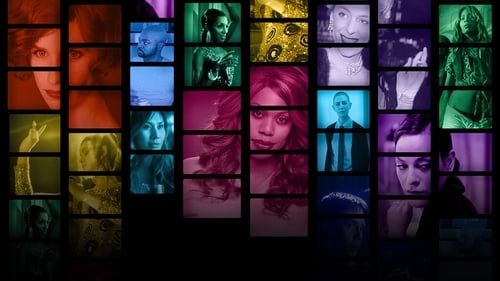
Углубленный взгляд на изображение трансгендерных людей в Голливудских картинах и влияние этих историй на повседневную жизнь трансгендеров и американскую культуру.
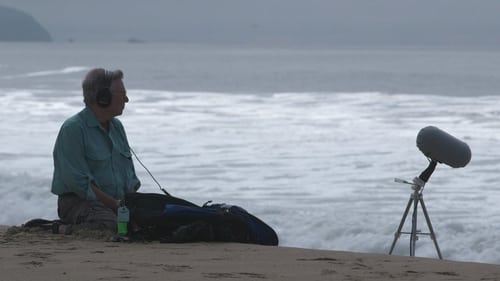
Захватывающий обзор эволюции голливудского звука — от рыка Кинг-Конга и треска макарон до «Полета валькирий» и голоса Бэтмена.

A hilarious introduction, using as examples some of the best films ever made, to some of Slovenian philosopher and psychoanalyst Slavoj Žižek's most exciting ideas on personal subjectivity, fantasy and reality, desire and sexuality.

Deep Throat, a pornographic film directed by Gerard Damiano, a film-loving hairdresser, and starring Linda Lovelace, a shy girl manipulated by a controlling husband, was released in 1972 and divided audiences, who began to talk openly about sex, desire and female pleasure; but also about violence and abuse; and about pornography, until then an almost clandestine industry, as a revolutionary cultural phenomenon.
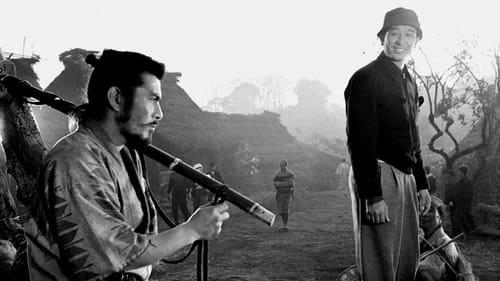
An account of the life and work of legendary Japanese actor Toshirō Mifune (1920-97), the most prominent actor of the Golden Age of Japanese cinema.
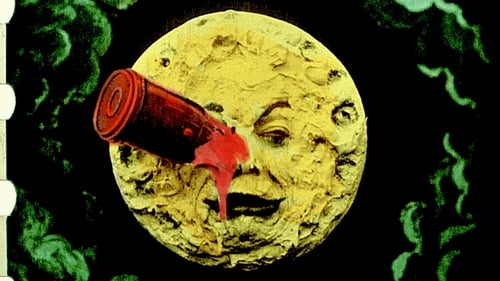
Фильм рассказывает о судьбе фильма Жоржа Мельеса «Путешествие на Луну» («Le Voyage dans la Lune»), от момента создания и вплоть до наших дней.
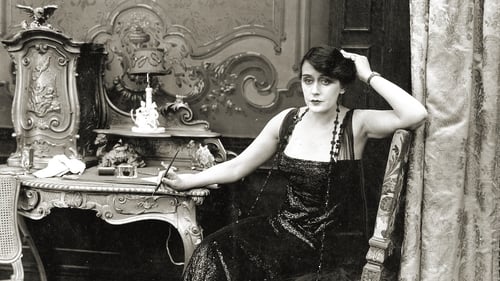
Рассказ о первой женщине-кинорежиссере Алис Ги-Блаше. Одновременно с признанием её роли в кинематографе расследуются обстоятельства, приведшие к её забвению.
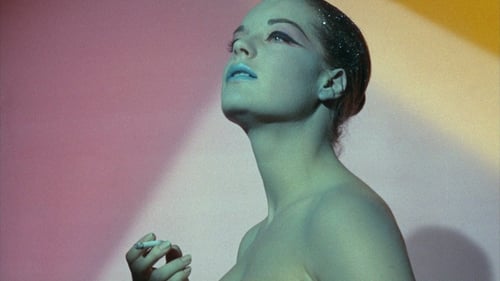
В 1963 году прославленный кинорежиссёр Анри-Жорж Клузо написал оригинальный сценарий о трагедии патологической ревности. Он приступил к съемкам фильма под рабочим названием «Ад», который мог бы стать прорывом в кино, но по многим причинам Клузо не смог завершить амбициозный проект. Серж Бломберг и Руксандра Медрея, основываясь на 15-ти часах исходного материала, создают свою версию незаконченного шедевра выдающегося режиссера.

In this filmed version of cult film director John Waters' popular one-man show, the Pink Flamingos and A Dirty Shame director takes the stage to discuss everything from his early influences, fondest career memories, and notorious struggles against the MPAA rating system. Part endearing memoir and part hilarious lecture, This Filthy World touches on everything from the insanity of contemporary pop culture to the director's unforgettable early collaborations with inimitable Pink Flamingos star Divine.
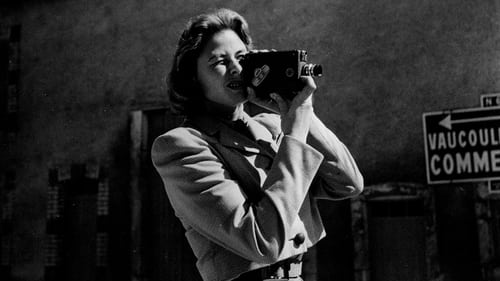
Личный и увлекательный рассказ о необыкновенной жизни и творчестве Ингрид Бергман (1915-82), молодой шведки, ставшей одной из самых знаменитых актрис мирового кино.
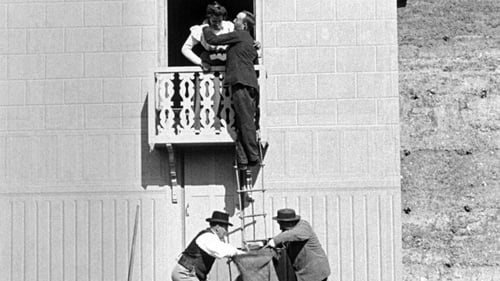
В путешествие во вселенную Люмьеров, создателей кинематографа, вас приглашает Тьерри Фремо, директор Каннского фестиваля. С юмором и истинно киноманской страстью он раскроет перед вами мир первых кинолент, запечатлевших уникальные образы мира и Франции начала века. Фильмы Люмьеров — трогательные и в чем-то смешные первые шаги кино — искусства, которое завоюет весь мир.
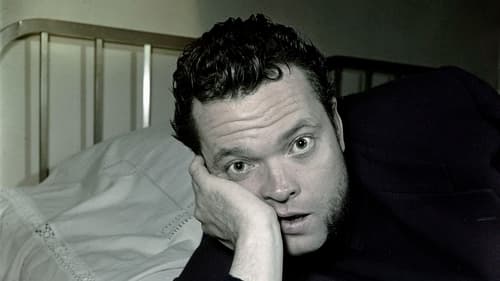
A poetic journey into the visual world of the legendary filmmaker and actor Orson Welles (1915-85) that reveals a new portrait of a unique genius, both of his life and of his monumental work: through his own eyes, drawn by his own hand, painted with his own brush.
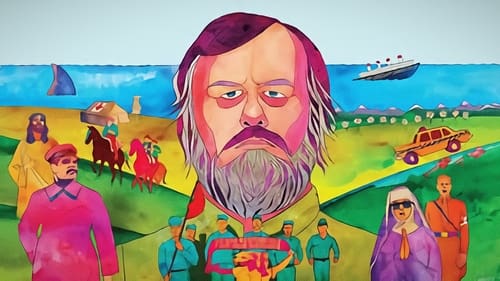
A journey into the labyrinthine heart of ideology, which shapes and justifies both collective and personal beliefs and practices: with an infectious zeal and voracious appetite for popular culture, Slovenian philosopher and psychoanalyst Slavoj Žižek analyzes several of the most important films in the history of cinema to explain how cinematic narrative helps to reinforce prevailing ethics and political ideas.
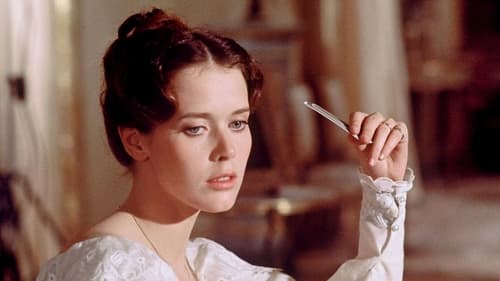
France, 1974. The erotic film Emmanuelle, directed by Just Jaeckin, breaks all records for cinema attendance: the story of the creation of a sensual epic that marked a turning point in the struggle for sexual emancipation.
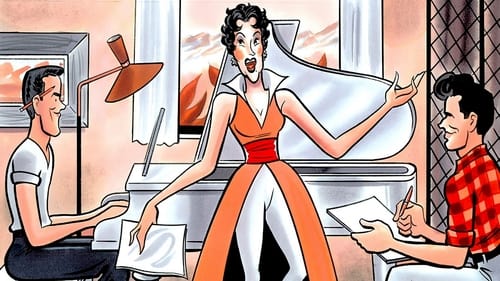
Dickson Hughes and Richard Stapley, two young composers and romantic partners, are caught in the web of silent film star Gloria Swanson when she hires them to write a musical version of Sunset Boulevard, her 1950 film directed by Billy Wilder.
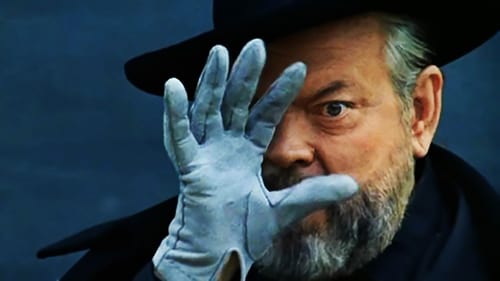
The extraordinary life of Orson Welles (1915-85), an enigma of Hollywood, an irreducible independent creator: a musical prodigy, an excellent painter, a master of theater and radio, a modern Shakespeare, a magician who was always searching for a new trick to surprise his audience, a romantic and legendary figure who lived only for cinema.
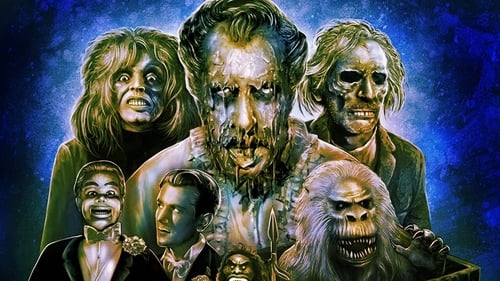
David Gregory and Kier-La Janisse take a detailed look at the history of horror anthology films with the help of more than sixty writers, genre specialists, and members of the film industry.
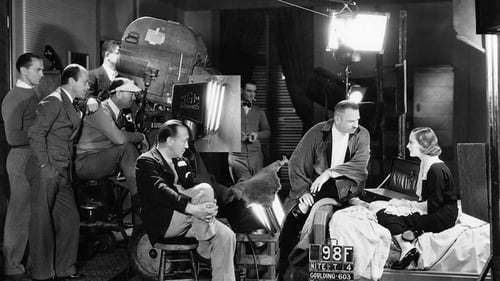
Cameramen and women discuss the craft and art of cinematography and of the "DP" (the director of photography), illustrating their points with clips from 100 films, from Birth of a Nation to Do the Right Thing. Themes: the DP tells people where to look; changes in movies (the arrival of sound, color, and wide screens) required creative responses from DPs; and, these artisans constantly invent new equipment and try new things, with wonderful results. The narration takes us through the identifiable studio styles of the 30s, the emergence of noir, the New York look, and the impact of Europeans. Citizen Kane, The Conformist, and Gordon Willis get special attention.

A very personal look at the history of cinema directed, written and edited by Jean-Luc Godard in his Swiss residence in Rolle for ten years (1988-98); a monumental collage, constructed from film fragments, texts and quotations, photos and paintings, music and sound, and diverse readings; a critical, beautiful and melancholic vision of cinematographic art.
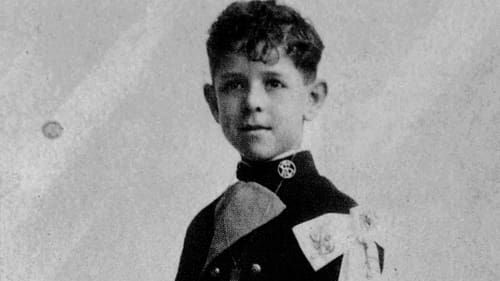
The early days of the future genius of Spanish cinema Luis García Berlanga, from his birth in Valencia in 1921 to his departure to Madrid in 1947 to become a filmmaker.


















